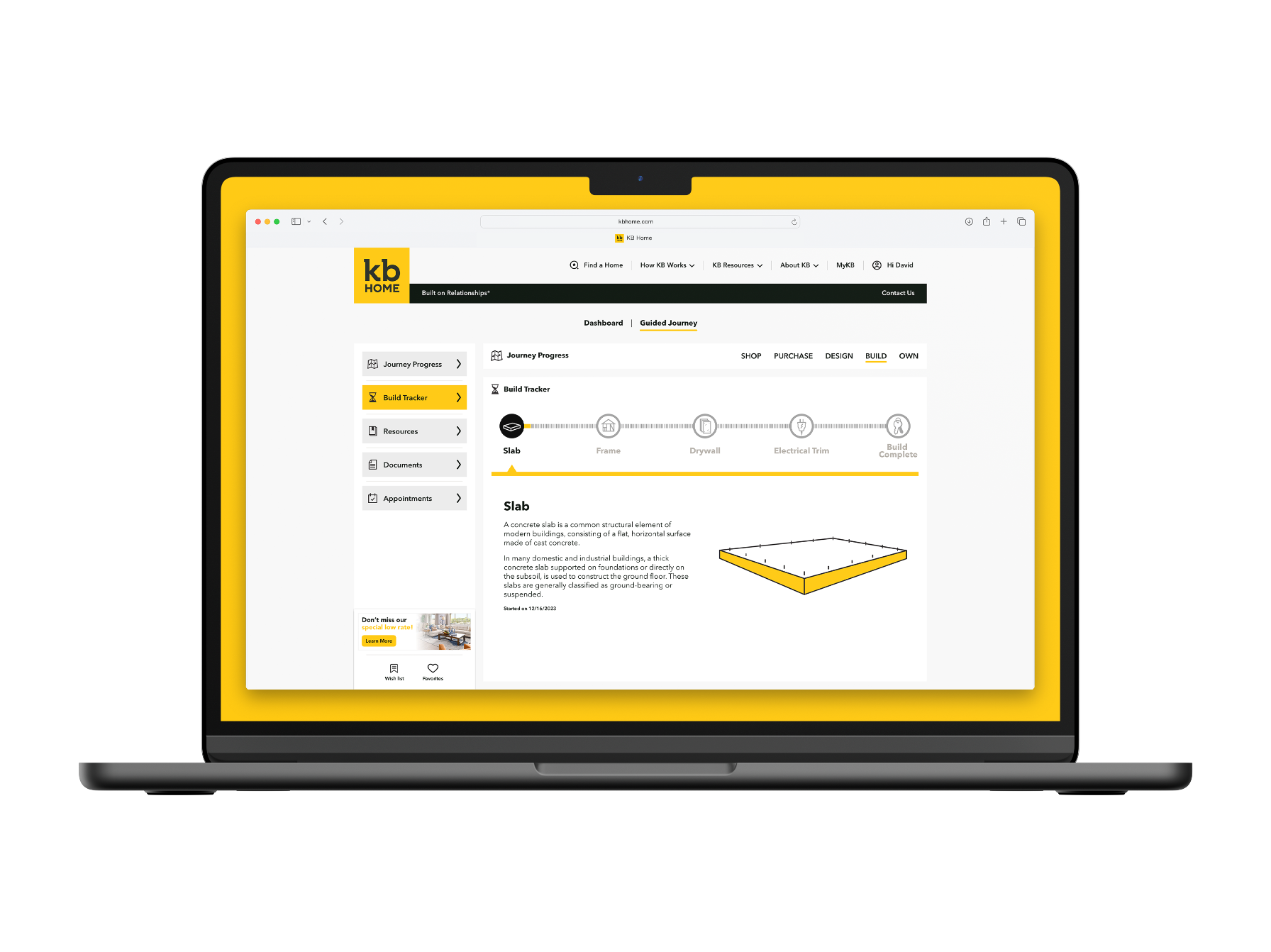
California is famous for its beautiful beaches and sunny skies. It’s a pretty good guess that abundant sunshine is why the Golden State generates more electricity from solar power than any other in the country. Well before solar energy became mainstream (and required by CA energy code in 2020), KB Home recognized its value and we introduced our first all-solar communities in California in 2011.
Through innovation and commitment, we have brought energy savings to thousands of our California homeowners through renewable solar power. Being more energy-efficient helps lower your overall cost of homeownership and lets you enjoy a more environmentally-friendly lifestyle.
A solar energy system can save you money on your electricity bills and protect you against rising electricity rates in the future. It’s important to understand, however, that just how much you can save depends on the local utility rates, solar policies in your area, and whether you decide to buy or lease the system.
Some illuminating facts on how we’re making a difference.
The 11,000+ solar homes we’ve sold have produced an estimated total of 428 million kilowatt hours of electrical power, reducing carbon dioxide by 668 million pounds. Simply put, our efforts are comparable to removing 64,000+ cars from the roads — and that definitely helps clear the air.
Should you lease or purchase the solar energy system for your new KB home?
Now that all new homes (with few exception) in California are required to be built with solar panels, the decision regarding how to finance the solar energy system for your new KB home depends on your individual preferences, needs and financial goals.
First and foremost, it’s your choice. KB Home gives you the freedom and flexibility to select your solar finance method — you decide. Basically, if you choose a solar lease, you are “renting” the solar energy system from the solar energy system supplier that owns it. If you pay cash or finance the cost of the system in your mortgage, you own the system. It’s important to understand that both choices offer different advantages and responsibilities.
Some factors to help guide your decision.
One thing to think about upfront is how long you anticipate owning your new home. For instance, would it be long enough to maximize the benefits of ownership, or would leasing be a better option? Secondly, do you generally prefer to take on the benefits and responsibilities of ownership, or do you usually like to lease?
You should also keep in mind that when leasing, upon selling your home, the new owner will have to assume the lease, unless you pay it off first.
And then there’s upkeep. When you decide to lease, the solar energy system supplier handles all the upkeep. If you decide to purchase, you’re responsible for the solar energy system’s operation and maintenance. You’ll be glad to know, however, that the system comes with a 25-year limited warranty from the supplier.
Getting all the details to make an informed decision.
The more you know, the easier it will be to make a decision that’s best for you. During an individual appointment online or over the phone, the solar system supplier will give you information about the solar energy system options for your new KB home. They will also provide details about finance choices, so it’s a good idea to be prepared and have a list of questions ready.
Harnessing the sun’s energy for better living.
The sun is an incredible source of clean, renewable energy for our planet. And we are committed to building homes throughout California that boost your well-being today, and all the years ahead.
*Consistent with California energy regulations, new homes must be equipped with solar panels. These are not included in the posted price, but may be leased for a monthly payment, or purchased for an additional cost that may be eligible for mortgage financing. The required size of the solar system depends on several factors, including home size and climate zone. The installed solar system may reduce your monthly local electric utility company bill. For more information, see sales agent and Solar Energy System Addendum.
‡According to data from https://fred.stlouisfed.org/graph/?g=1Qh9n
KBHS Home Loans, LLC NMLS 1542802 For licensing information visit nmlsconsumeraccess.org. Headquarters: 300 East Royal Lane, Suite 250, Irving, TX 75039. 855-378-6625. Applicant subject to credit and underwriting approval. Not all applicants will be approved for financing. Receipt of application does not represent an approval for financing or interest rate guarantee. Restrictions may apply. Equal Housing Lender. AZ: KBHS – 4949 Pioneer Ln, Lakeside, AZ 85929 – Mortgage Banker License #0939988; CA: Licensed by the Department of Financial Protection and Innovation Under the California Residential Mortgage Lending Act #41DBO-67718. California Financing Law License #60DBO-67717; CO: Regulated by the Colorado Division of Real Estate; WA: Washington Consumer Loan Company License #CL-1542802.
KB Home and KBHS share common ownership and because of this relationship may receive a financial or other benefit. You are not required to use KBHS as a condition of purchase or sale of any real estate.




